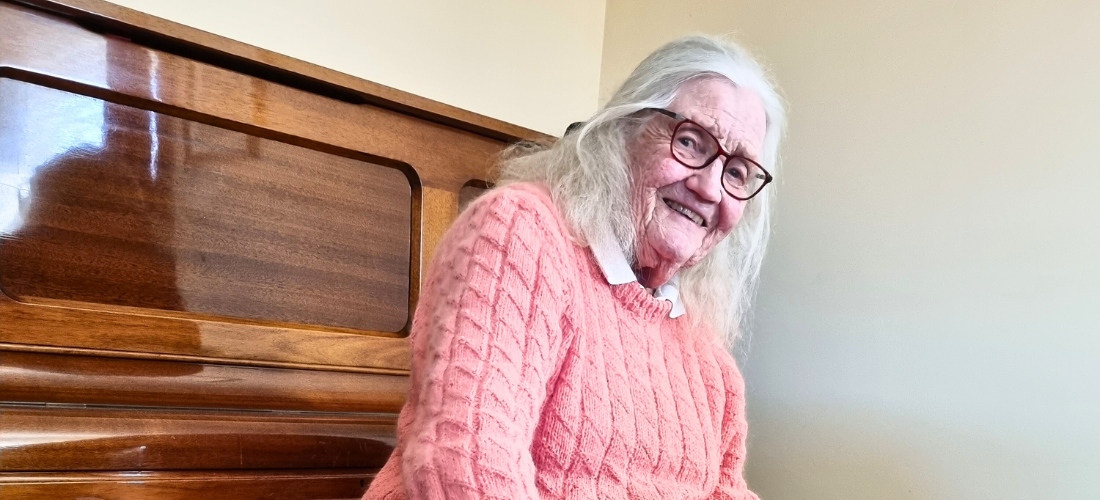Study finds inability to recognise faces impairs social life
Australian research, led by psychologist Dr Jo Lane from the Australian National University with input from Macular Disease Foundation Australia, has shown that losing the ability to recognise faces due to vision loss from age-related macular degeneration (AMD) contributes to poorer social interactions, and reduced confidence and quality of life.
Previous studies have shown that vision loss from AMD can impair many aspects of everyday function and independence, such as the ability to drive, read and cook. However, this is the first study to thoroughly examine the impact of reduced face recognition in patients with AMD.
A small sample of AMD patients with vision loss ranging from mild (eg still driving) to legally blind were interviewed for the study about a variety of experiences concerning the type and impact of their face recognition difficulties in everyday life.
Patients reported recurrent difficulties in recognising others’ identity and facial expressions. This included reports of failing to recognise friends and even close family members. Interestingly, patient attempts to use alternative non-face-based cues to recognise people (such as hairstyle, body shape, gait and voice recognition) commonly failed, resulting in increased reliance on other people for assistance.
Failure to recognise faces, specifically those of friends and family members, contributed to feelings of guilt and embarrassment, as well as concerns about offending others. Such feelings lead to reduced confidence and willingness to engage socially, with worsening vision correlating significantly with increased anxiety and withdrawal in social situations.
Results suggested that compared with identity recognition, the ability to recognise facial expressions was particularly affected earlier in the progression of AMD. Inability to see rapid changes in facial expression resulted in failure to understand what specific event had elicited an emotion.
Patients also experienced difficulties and disengagement in social situations, due to not knowing who was present. In addition to feeling embarrassed, patients were very concerned about the impact on others – most were worried about appearing rude, unfriendly or standoffish. Social interactions were most difficult in crowds and larger groups.
An important observation was that difficulty identifying faces and recognising facial expressions was not limited to those with severe vision loss, but was also experienced by patients with only mild vision loss.
Most patients also felt others did not understand how AMD affects their vision – more than a third of patients raised concerns that other people think they are ‘faking’ vision loss, because they are able to see objects using their side vision, yet unable to recognise someone who is standing in front of them.
Most patients with vision loss indicated their willingness to try new technologies that have the potential to improve facial recognition, social interactions and quality of life.
From these findings, Dr Lane and her research team developed a number of resources designed to improve community understanding on how face recognition affects social interactions and quality of life.
Resources available from ANU
The following resources on the study have been provided by ANU. You may also wish to review the research paper.
Faces and social life in AMD – info sheet
Faces and social life in AMD – Conversation starter
Alternatively, information about the research paper, news and a link to the publication and resources can be found on the ANU Open Research website.
Posted: March 2019
















